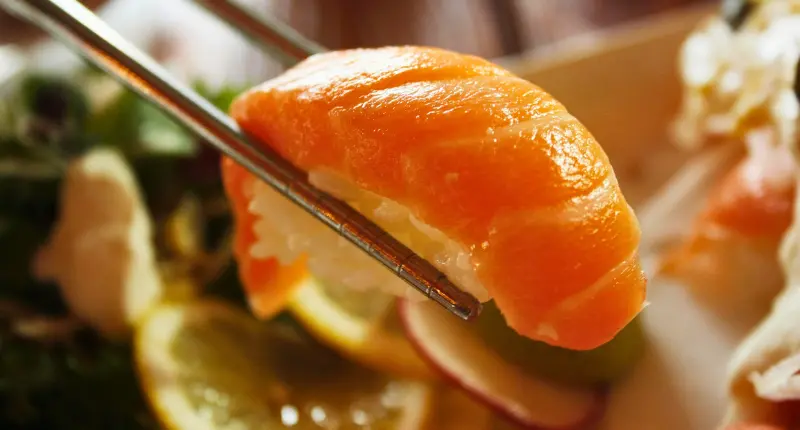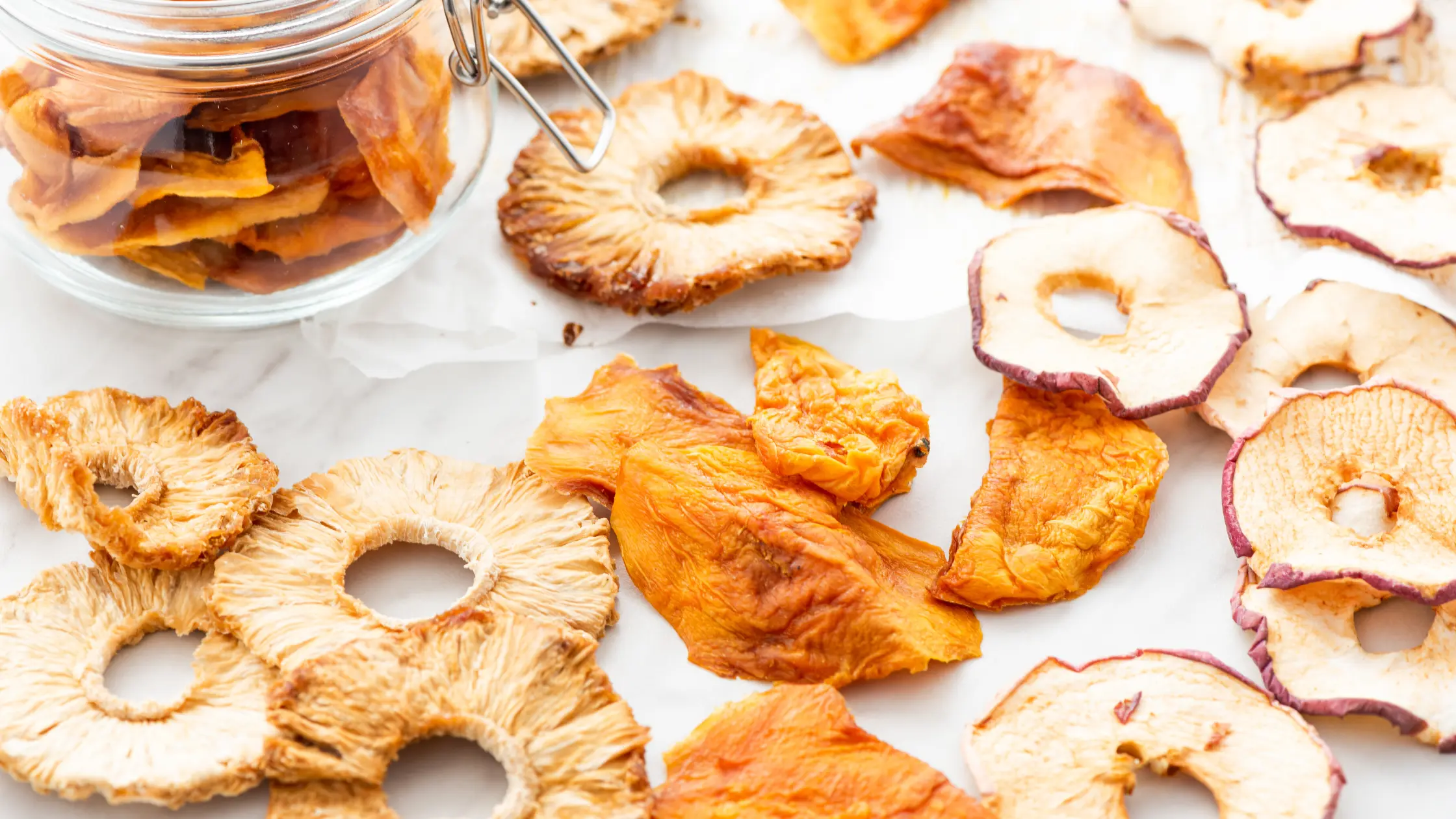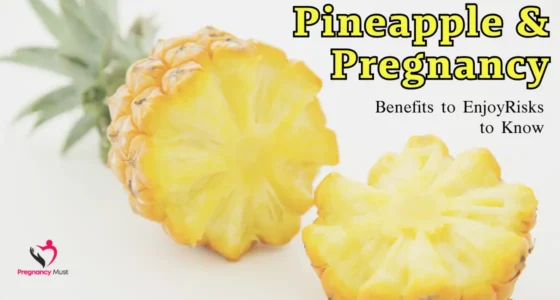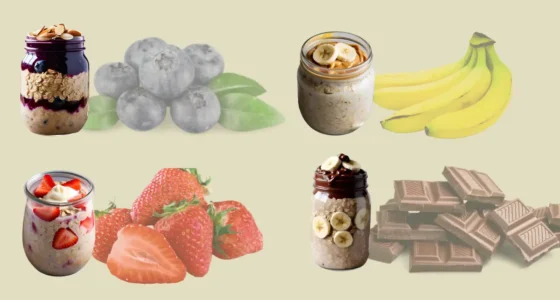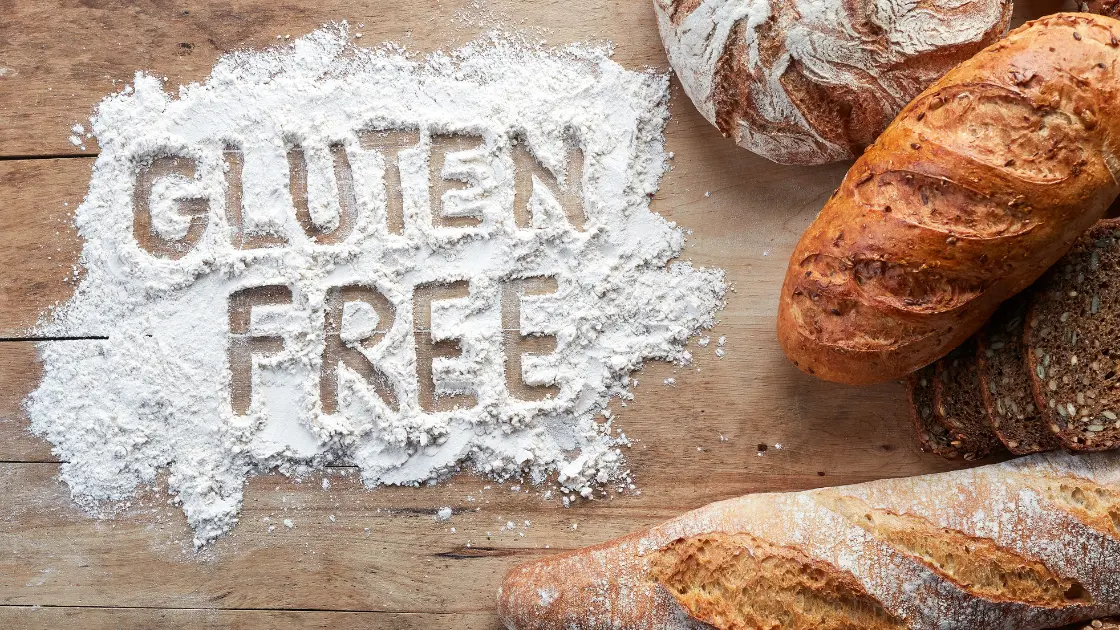Sushi in Pregnancy: Is It Safe? What Every Mom Needs to Know
Sushi cravings while pregnant? Oh honey, you’re not alone. One whiff of soy sauce or a glimpse of salmon sashimi on someone else’s plate and suddenly, you’re spiraling into a sushi fantasy.
But wait. Is it safe?
Let’s go on a little food-safety adventure. Pack your appetite (and your baby bump). Here’s what every mama-to-be needs to know about eating sushi in pregnancy—served in bite-sized steps.
Table of Contents
- Sushi in Pregnancy: Is It Safe? What Every Mom Needs to Know
- 1. The Sushi Dilemma: Cravings vs. Concerns
- 2. Raw Fish: The Risky Business
- 3. Cooked Sushi? YES, Please!
- 4. Imitation Crab: The Unsung Hero
- 5. Mercury Watch: Know Your Fish
- 6. Sushi Rice: Watch the Sugar & Vinegar
- 7. Say No to Cross-Contamination
- 8. Seaweed & Iodine: The Sneaky Nutrients
- 9. Wasabi & Ginger: Tiny But Mighty
- 10. DIY Sushi Nights = Pure Joy
- 11. Watch the Sodium Levels
- 12. The Verdict: Yes, With a Side of Caution
- Final Thought 💬
1. The Sushi Dilemma: Cravings vs. Concerns
You walk past your favorite sushi spot. You stop. You sniff. Your brain whispers “just one roll won’t hurt…” But your heart (and doctor) says “maybe not.”
Let’s get something straight: Not all sushi is created equal.
Some types? Totally safe. Others? Nope. Not even a nibble.
It’s not about the sushi—it’s about what’s in it. And how it’s prepared.
Sushi is not just food; it’s an art form, an experience.
Francis Mallmann
2. Raw Fish: The Risky Business
Here’s the tea. Raw fish might carry parasites, bacteria, and viruses. Names like Listeria and Salmonella may sound like villains—and yeah, they kinda are.
For most people, they’re unpleasant.
For pregnant women? They’re dangerous.
Your immune system is already working double. Raw seafood just makes things harder.
That’s why the FDA and ACOG (American College of Obstetricians and Gynecologists) say: no raw sushi while pregnant.
Sorry, sashimi. We’ll meet again.
3. Cooked Sushi? YES, Please!
Now don’t panic. You don’t have to give up sushi altogether.
Say hello to cooked sushi. Yes, it’s a thing. And it can be delicious.
Think tempura shrimp rolls. Think crab meat (that’s actually usually imitation crab—more on that soon). Think teriyaki chicken rolls.
If the seafood’s been fully cooked to 145°F, it’s considered safe.
You still get that flavor hit without the tummy trauma.
4. Imitation Crab: The Unsung Hero
Let’s give a little love to imitation crab. It’s the Beyoncé of pregnancy-safe sushi.
It’s not real crab. It’s usually made from pollock, a type of white fish that’s cooked, pasteurized, and super low in mercury.
California rolls? You’re golden.
Just check the label or ask the chef to confirm it’s pasteurized. Most places in the U.S. use the safe stuff.
5. Mercury Watch: Know Your Fish
Big fish = Big mercury.
Too much mercury? Bad news for baby’s developing brain and nervous system.
High-mercury fish include:
-
Tuna (especially bigeye)
-
Swordfish
-
King mackerel
-
Tilefish (from the Gulf of Mexico)
Low-mercury fish include:
-
Salmon (cooked)
-
Shrimp
-
Pollock
-
Tilapia
So even with cooked sushi, it matters what fish you’re eating.
Limit fish to 2-3 servings per week. That’s about 8-12 ounces total.
6. Sushi Rice: Watch the Sugar & Vinegar
Let’s talk rice.
Sushi rice is seasoned with sugar and vinegar. While vinegar’s fine, the sugar content can sneak up on you—especially if you’re watching blood sugar levels or managing gestational diabetes.
Moderation is key. One or two rolls? Fine. Four or five? Maybe not.
And remember: white rice spikes blood sugar quicker than brown.
7. Say No to Cross-Contamination
Here’s a plot twist. Even if your sushi is fully cooked, if it’s prepared on the same surface as raw fish? Danger zone.
Cross-contamination can spread bacteria from raw to cooked foods.
Good sushi spots have separate prep areas for cooked rolls. But not all do.
When in doubt—ask. Politely but firmly. You’re growing a human. You get to be that customer.
8. Seaweed & Iodine: The Sneaky Nutrients
Seaweed is loaded with iodine—a must-have for baby’s thyroid development.
But too much? Not good.
Stick to moderate portions. Think: one roll a day, not ten.
Also, if you’re already taking a prenatal vitamin, you’re likely getting some iodine there too. Balance is everything.
9. Wasabi & Ginger: Tiny But Mighty
Craving that wasabi burn or tangy pickled ginger? Good news—they’re safe!
Wasabi can help with nausea, and ginger is actually famous for it.
Just don’t go overboard. Ginger should be eaten in small amounts, and real wasabi is often horseradish-based in U.S. restaurants.
Still, they make your sushi moment feel authentic. And fun. And a little spicy.
10. DIY Sushi Nights = Pure Joy
Can’t find a safe sushi spot near you? Make your own!
Pregnancy-safe sushi at home is a whole vibe. You control the ingredients, the cleanliness, the portions—everything.
Get some cooked shrimp, avocado, cream cheese, cucumber, and nori sheets. Voila.
It’s a date night. It’s a bonding moment. It’s safe, satisfying, and weirdly empowering.
11. Watch the Sodium Levels
Soy sauce, we love you… but you salty.
Too much sodium can lead to swelling, high blood pressure, and bloating.
Look for low-sodium soy sauce or coconut aminos as an alternative. Your ankles will thank you.
12. The Verdict: Yes, With a Side of Caution
Can you eat sushi while pregnant?
Yes. But not all sushi.
Know your rolls. Choose cooked over raw. Ask questions. Read labels. And when in doubt—opt out.
Satisfying your cravings doesn’t mean sacrificing safety.
You got this, mama. Sushi night isn’t canceled. It’s just getting a glow-up.
Final Thought 💬
Pregnancy isn’t about giving up everything you love. It’s about finding new, creative, joyful ways to enjoy them safely. Sushi is no exception. Here are 7 more foods that need to be avoided.
So go ahead. Embrace that roll (the sushi one and the baby bump one). You deserve it.
